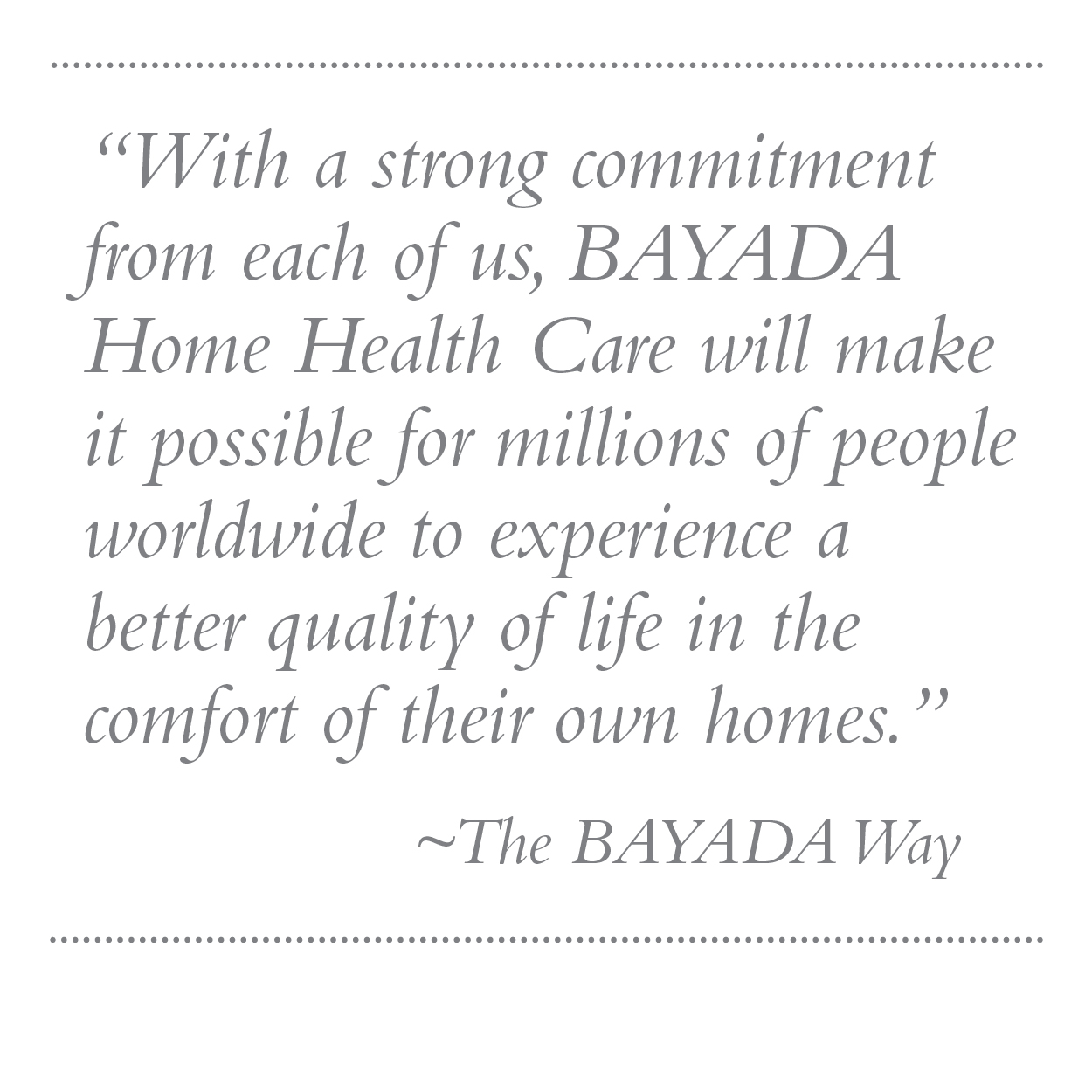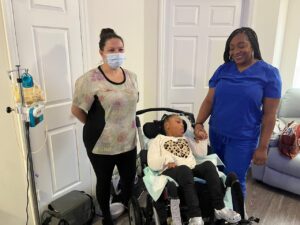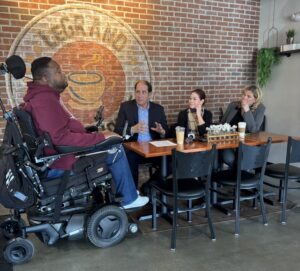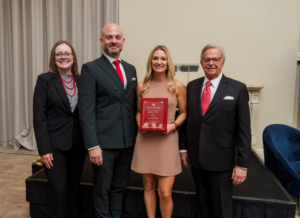 At BAYADA, our employees strive to fulfill our mission of helping people have a safe home life with comfort, independence, and dignity.
At BAYADA, our employees strive to fulfill our mission of helping people have a safe home life with comfort, independence, and dignity.One way BAYADA stands out among home care providers is by encouraging our clients and families to actively share their stories with their state and federal elected officials. This process is called advocacy—a critical part of democracy that allows clients, families, and their caregivers to share their voices with government officials who make decisions that affect the services they see in their homes every day. We realized that to effectively communicate the importance of advocacy and involvement to our clients and employees, we needed to find out how they preferred to be communicated with and what topics are important to them.
During March of this year, our Government Affairs Office (GAO) conducted a quantitative online survey with three key BAYADA audiences in mind: clients, field employees, and office employees. To account for clients without access to email, the survey included 50 telephone interviews with randomly selected clients. A total of 868 respondents were polled. Of the 868 respondents, 285 were clients, 250 were field employees, and 333 were office employees. Respondents included individuals from different practices, age ranges and geographic regions so that GAO could obtain the best and most accurately representative data possible.
Some Interesting Survey Results
The survey enabled GAO to glean a wealth of information about what topics our audiences wanted to hear about, and how often. It also informed us that most individuals prefer email communication, followed closely by text messages. Facebook was the top-rated social media platform in terms of frequency of use, followed by Instagram, which is rapidly growing in popularity. Cell phones are the communication devices most commonly utilized for all communication, including email, social media, texting and calls. We also learned that, because more and more people are managing all their communications on cell phones, we must tailor our communications practices to meet our audiences where they want to be. This means that our messaging needs to be short and to the point or our clients and employees may not read it.
The topics of highest interest to our clients and employees are those that could affect them personally, such as possible changes or funding reductions to government programs like Medicaid and Medicare. This is likely one reason why 62% of the clients and employees would like more information about advocacy and updates related to the Hearts for Home Care program. This was encouraging news for GAO because it means that people are interested in advocacy, and that they are interested in hearing what we want to tell them.
Additionally, the survey informed us that parents of pediatric clients lead in interest and involvement in advocacy, as they often rely on home care services for long periods of time throughout their children’s lives. We also learned that photos of clients tell a visual story about the emotional impact home care brings without requiring many words.
This wealth of important data will assist GAO and BAYADA as a whole to better communicate with our employees, our clients, and our clients’ families. It will also better inform our advocacy efforts and in turn, help our company secure better reimbursement rates from government programs.
To find out more information or learn about ways you can get involved in advocacy, please reach out to me at [email protected] or Manager of Client and Family Advocacy Tara Montague at [email protected].







